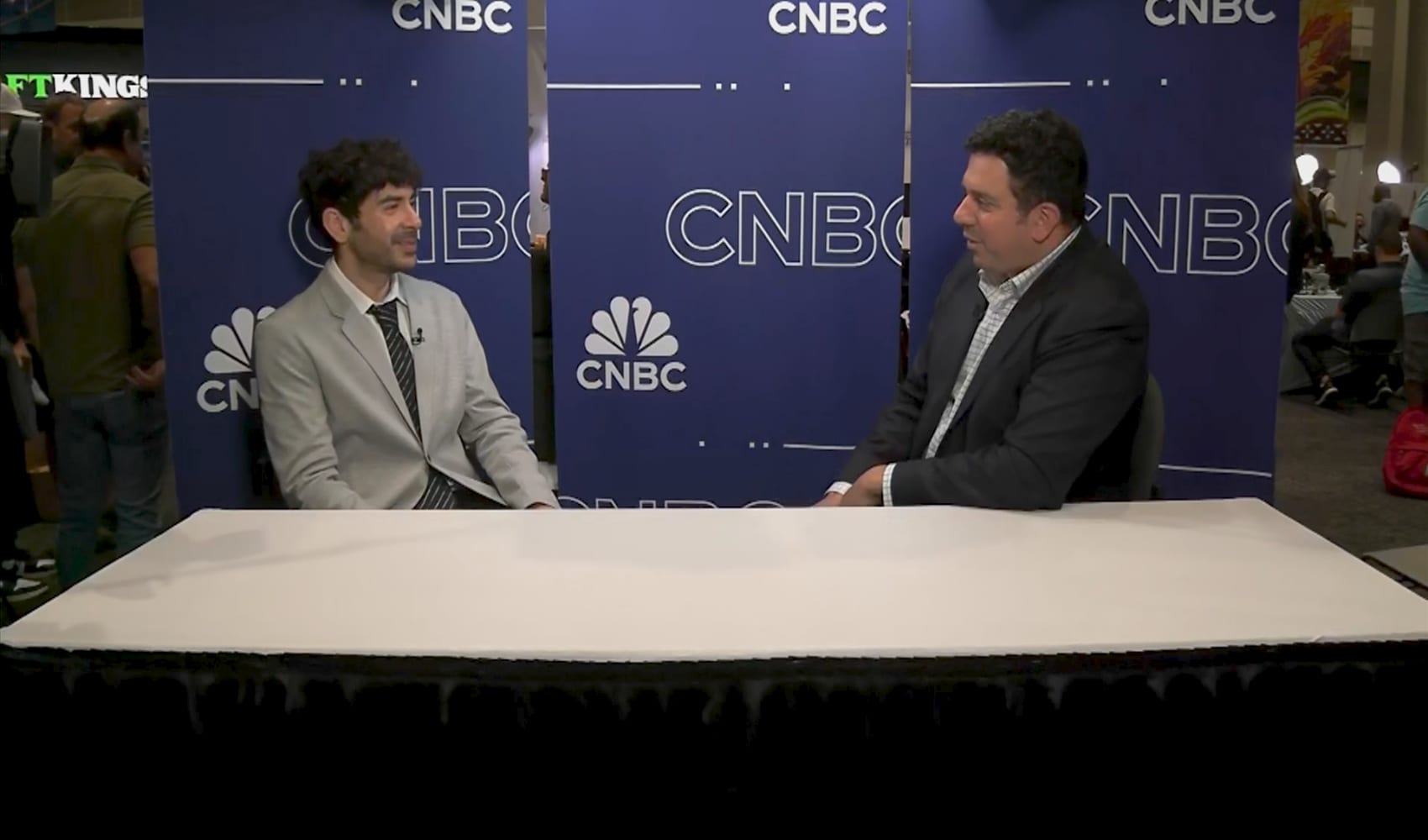Chappell Roan is at the pinnacle of his career after winning a Grammy for best new artist. She was among the millions of Americans without a job or health insurance a few years ago.
At the Grammy awards ceremony in Los Angeles on February 2, she declared, “I told myself that if I ever won a Grammy and got to stand up here in front of the most powerful people in music, I would demand that labels, and the industry profiting millions of dollars off of artists, would offer a livable wage and health care, especially to developing artists.”
“I had no prior work experience when I was fired. In her victory speech, she said, “Like most people, I had trouble finding a job during the pandemic and couldn’t afford health insurance.”
“I could have gotten treatment from a corporation I was giving everything to if my label had put artists’ health first. Record companies must thus treat their musicians as valued workers and provide them with a living income, health insurance, and protection.

In 2020, Roan, whose real name is Kayleigh Rose Amstutz, was dropped by her label. According to the Health and Human Services Department, a significant increase in unemployment that year caused between 1.6 million and 3.3 million people to lose their employer-sponsored insurance.
The Affordable Care Act’s coverage expansions at the time served as a buffer for people whose coverage was interrupted.
The prices of coverage for those purchasing health insurance plans on the ACA marketplace were greatly reduced by that government-backed assistance. These clients include, among others, students, the jobless, and anybody without access to a workplace plan, such as independent contractors or musicians.
Health coverage might be challenging when income is “volatile.”
According to KFF, a nonprofit organization that was formerly known as the Kaiser Family Foundation, the uninsured rate has significantly decreased as a result of improvements in Medicaid and marketplace coverage.
“Artists who had no health care safety net before now have one thanks to the Affordable Care Act,” said Larry Levitt, executive vice president for health policy at KFF. According to him, the Affordable Care Act also subsidizes rates according to income and ensures insurance for pre-existing diseases.

According to Levitt, musicians may still face difficulties obtaining health insurance if their record labels do not offer it.
According to Levitt, “since subsidies are based on actual income for the year, premiums can fluctuate and be unpredictable if income is volatile.” “There may be no practical health insurance options for an artist who is unemployed for a while.”
Carolyn McClanahan, a Jacksonville, Florida-based doctor and certified financial advisor, stated, “It makes it really hard, especially for starving artists.”
“A weakness in the industry as a whole”
“Roan’s call for record labels to pay artists a livable wage and provide health care was noble — but also wildly misinformed,” wrote Jeff Rabhan, the former chair of the Clive Davis Institute of Recorded Music at New York University’s Tisch School of the Arts, in a guest column in The Hollywood Reporter.
“Where does it end and personal responsibility begin if labels are responsible for artists’ wages, health care, and overall well-being?” Rabhan asked in the piece, which was published on February 5.
“Should artists have access to better medical care? “Of course,” Rabhan wrote in the editorial. To me, that sounds like a union issue. The majority of independent managers lack insurance as well; this is a problem with the sector as a whole, not only with labels.
According to McClanahan, founder of Life Planning Partners and a member of the CNBC Financial Advisor Council, people in the music business are more likely to forego coverage since they are frequently compensated as independent contractors.
“Sadly, a lot of people do not belong to a union and must obtain health insurance on their own,” she stated. “Unfortunately, a lot of independent contractors are unaware of the Affordable Care Act and how to get insurance on their own.”
According to KFF data, there are still over 25 million Americans without health insurance.
The majority of people in the nation have an employer-employee relationship in which the employer pays their salaries, provides health insurance, and shows some concern for their welfare. But the majority of artists lack this luxury and are unaware that they are really operating their own company, McClanahan stated.
“Give them the tools, at the very least.” Although CNBC was unable to get in touch with Roan for comment, Roan replied to Rabhan on Instagram, stating that she sent $25,000 to help “struggling dropped artists.”




